Language - Linguistic Deep Dive
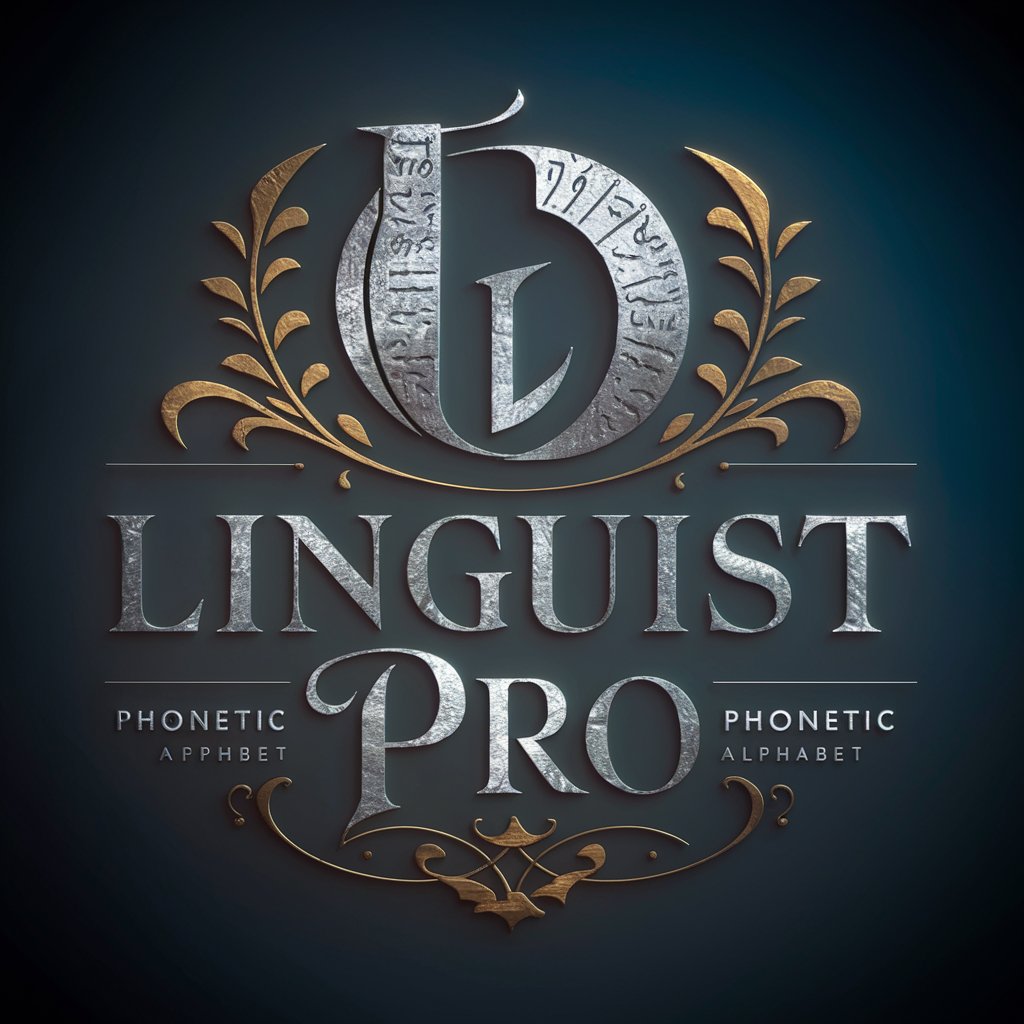
Welcome to Linguist Pro, your expert guide in advanced linguistic exploration.
Unlock language secrets with AI
Provide an in-depth analysis of the German word
Explain the etymological origins and cognates of the French term
Compare the usage of the Italian word with its cognates in other languages
Describe the pronunciation variations of the Mandarin character across different regions
Get Embed Code
Introduction to Language
Language is a specialized GPT designed to provide structured, formal, and detailed linguistic information primarily for advanced users. It is developed to respond with precision in five languages: German, French, Italian, Spanish, and Mandarin. The core design purpose of Language is to offer in-depth linguistic insights that include definitions, etymologies, usage comparisons, and phonetic transcriptions (IPA), facilitating a comprehensive understanding of a word's nuances across different languages. An example scenario where Language proves invaluable is in academic research, where a user seeks to understand the evolution and comparative usage of a specific term across languages, aiding in cross-linguistic studies and translations. Another scenario could involve a linguist looking for detailed phonetic variations of a word across regions, enhancing their work in phonology or dialectology. Powered by ChatGPT-4o。

Main Functions of Language
In-depth Linguistic Definitions
Example
Providing the definition of 'liberté' in French, including its philosophical and historical context.
Scenario
Used by scholars or students studying the concepts of freedom in various cultural contexts.
Etymological Analysis
Example
Tracing the origins of the Spanish word 'amor' back to Latin, comparing it with its cognates in other Romance languages.
Scenario
Beneficial for etymologists or language enthusiasts interested in the evolution of romantic terminology across Europe.
Comparative Usage Analysis
Example
Comparing the use of the word 'Gerechtigkeit' in German to its cognates in English ('justice') and French ('justice'), noting differences in legal and moral connotations.
Scenario
Useful for legal professionals or ethicists exploring the nuances of justice in different cultural and legal systems.
Phonetic Transcriptions (IPA)
Example
Providing regional IPA transcriptions for 'casa' in Spanish, distinguishing variations between Castilian Spanish and Latin American countries.
Scenario
Aids in phonetic research or for actors and language learners aiming to perfect their pronunciation in a specific dialect.
Ideal Users of Language Services
Academic Researchers and Students
Individuals engaged in linguistic, cultural, or historical research, who require detailed analyses of language usage, origins, and structures to support their academic work.
Language Enthusiasts and Etymologists
Those with a deep interest in the history and evolution of languages, seeking to explore the roots and connections between words across different languages.
Professional Linguists and Phonologists
Experts in the study of language sounds and structures who benefit from precise phonetic data and comparative linguistic analysis for their research or practical application in fields like speech therapy or dialect coaching.
Legal Professionals and Ethicists
Individuals exploring the linguistic nuances of concepts like justice or freedom across cultures, aiding in cross-jurisdictional studies or ethical discourse.

How to Use Language
Start Your Journey
Access yeschat.ai for an introductory experience without the need for registration or subscribing to ChatGPT Plus.
Identify Your Needs
Determine the linguistic aspect you wish to explore or get assistance with, such as learning, translation, etymology, or pronunciation.
Engage with Language
Enter your query in the designated language (German, French, Italian, Spanish, or Mandarin) to receive a comprehensive linguistic breakdown.
Utilize Advanced Features
Take advantage of detailed etymological information, comparative usage analysis, and pronunciation guides to deepen your understanding.
Optimize Your Experience
For a more effective learning or research session, refine your queries based on the initial feedback and explore related linguistic phenomena.
Try other advanced and practical GPTs
Language Tutor
Empowering Language Mastery with AI
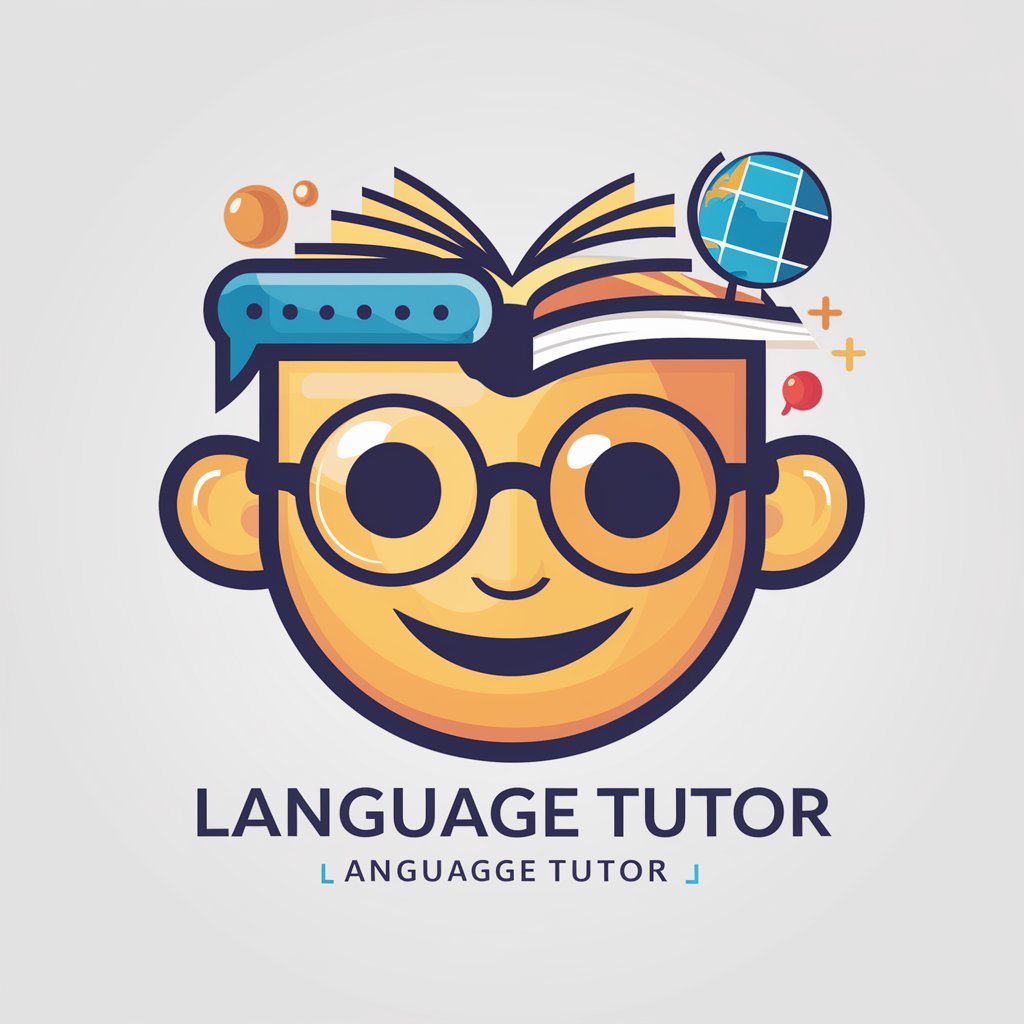
Language Odyssey
Learn languages through AI-powered stories.
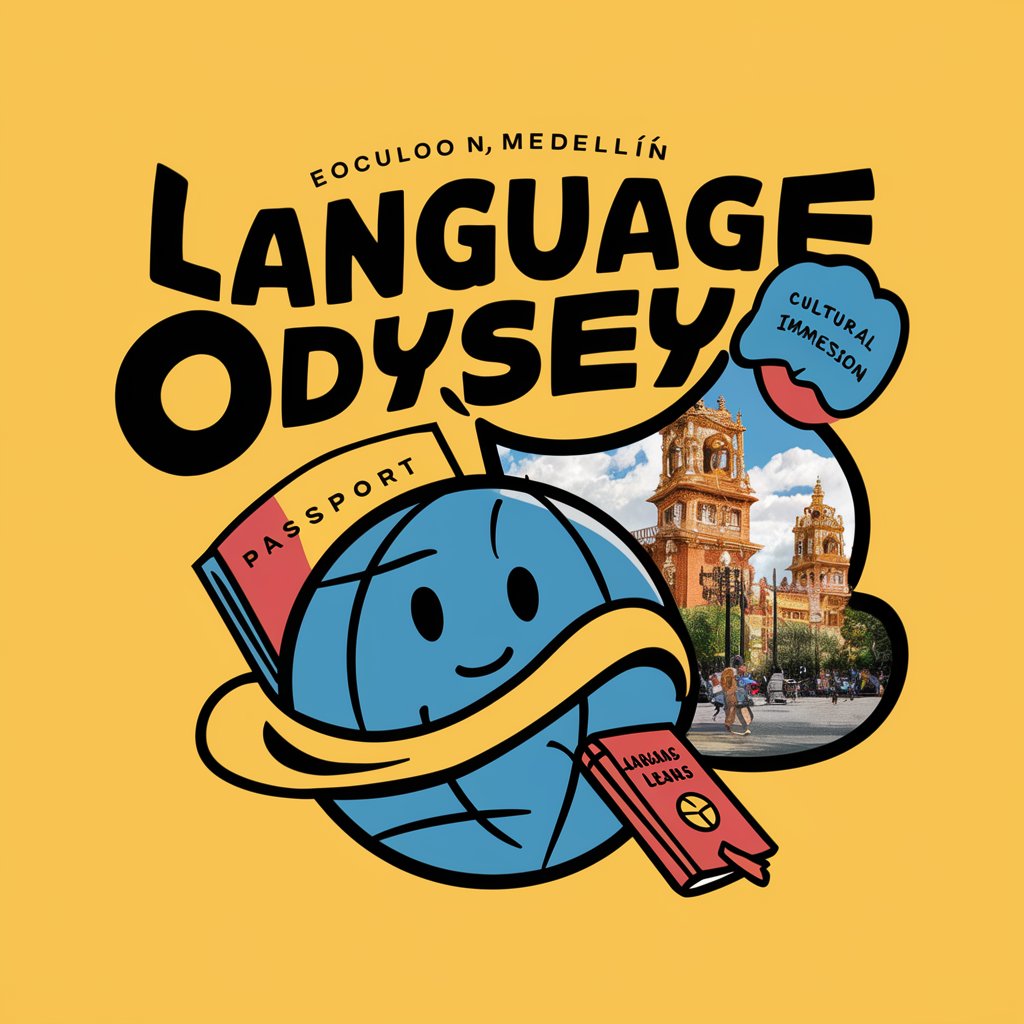
Language Organizer
Empowering Language with AI
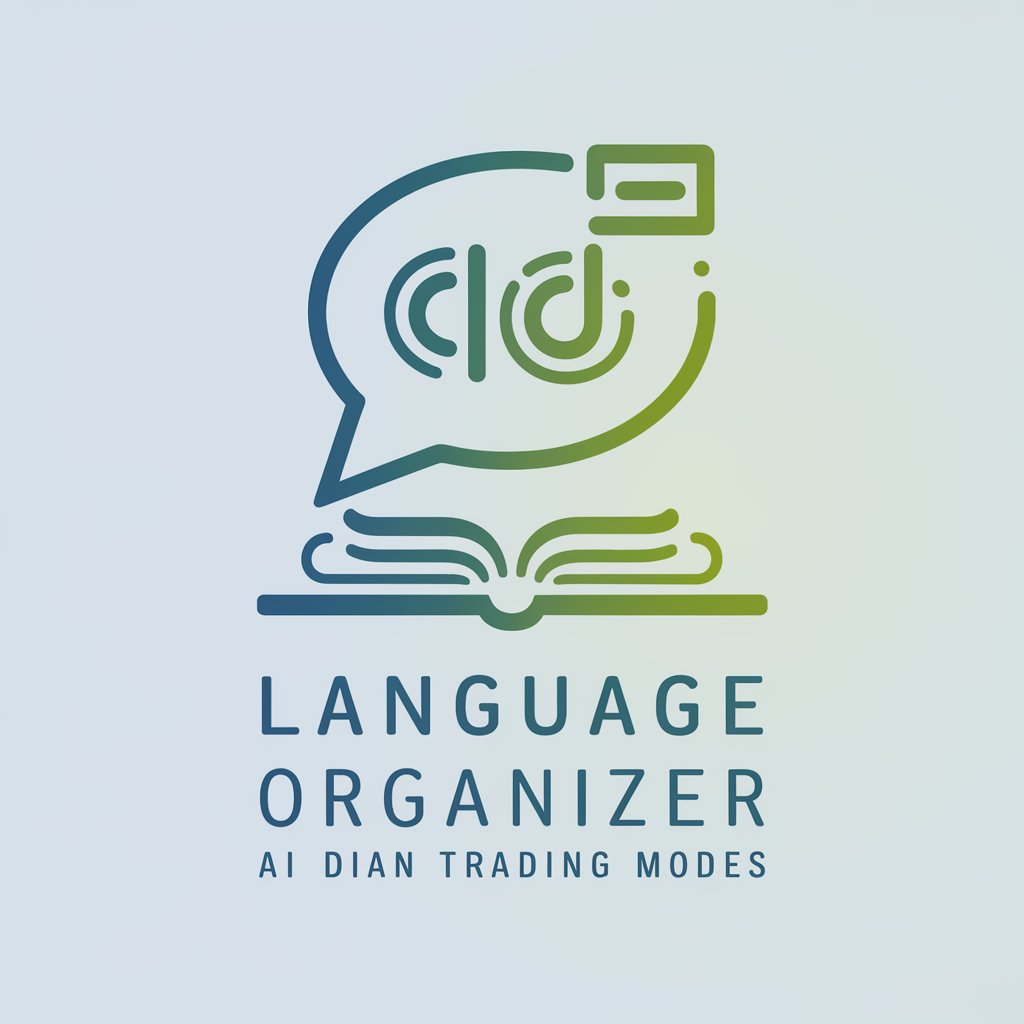
Language Mentor
Speak, Learn, Conquer - Powered by AI

Cholesterol Guide
Tailoring Diet for Heart Health

Blood Lab Analyzer
Decoding Health with AI Precision
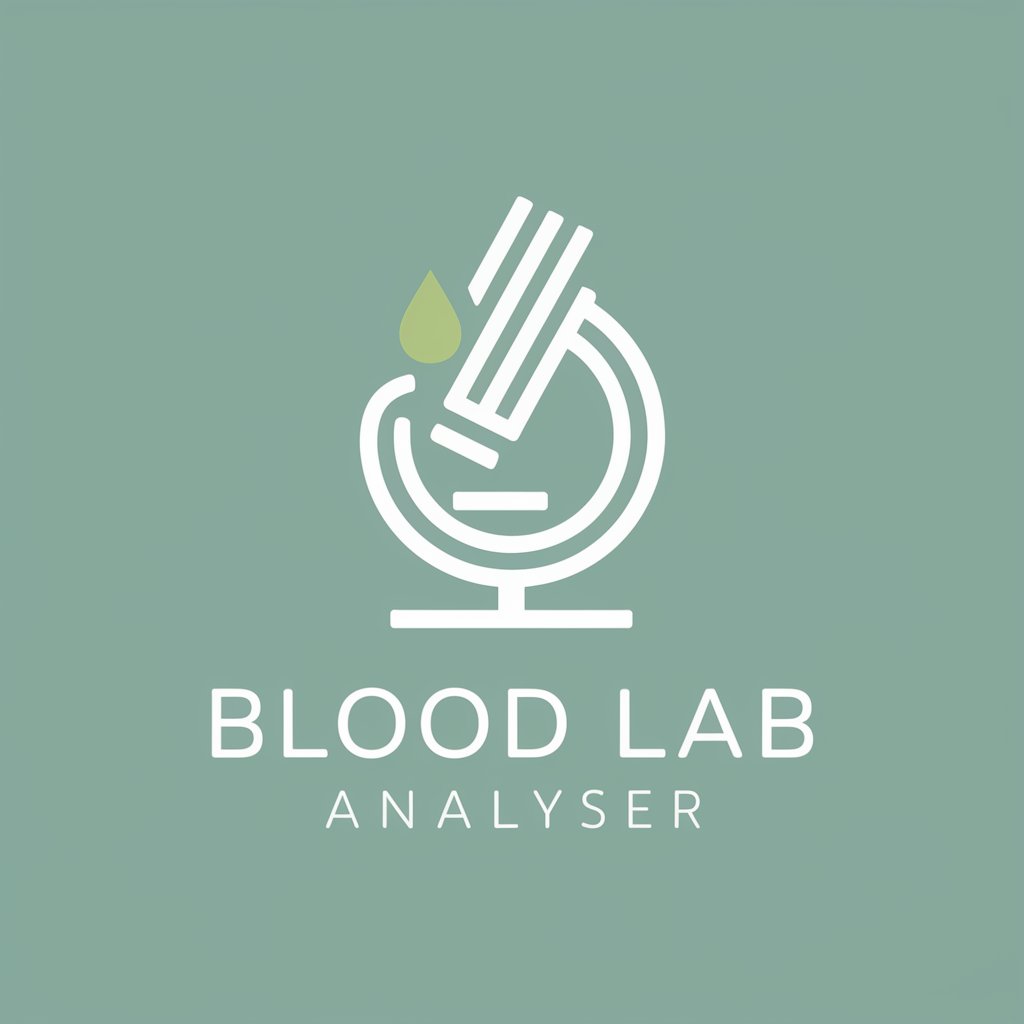
Language Editor
Enhancing academic writing with AI.

Language Bridge
Bridging Languages with AI for Technical Precision
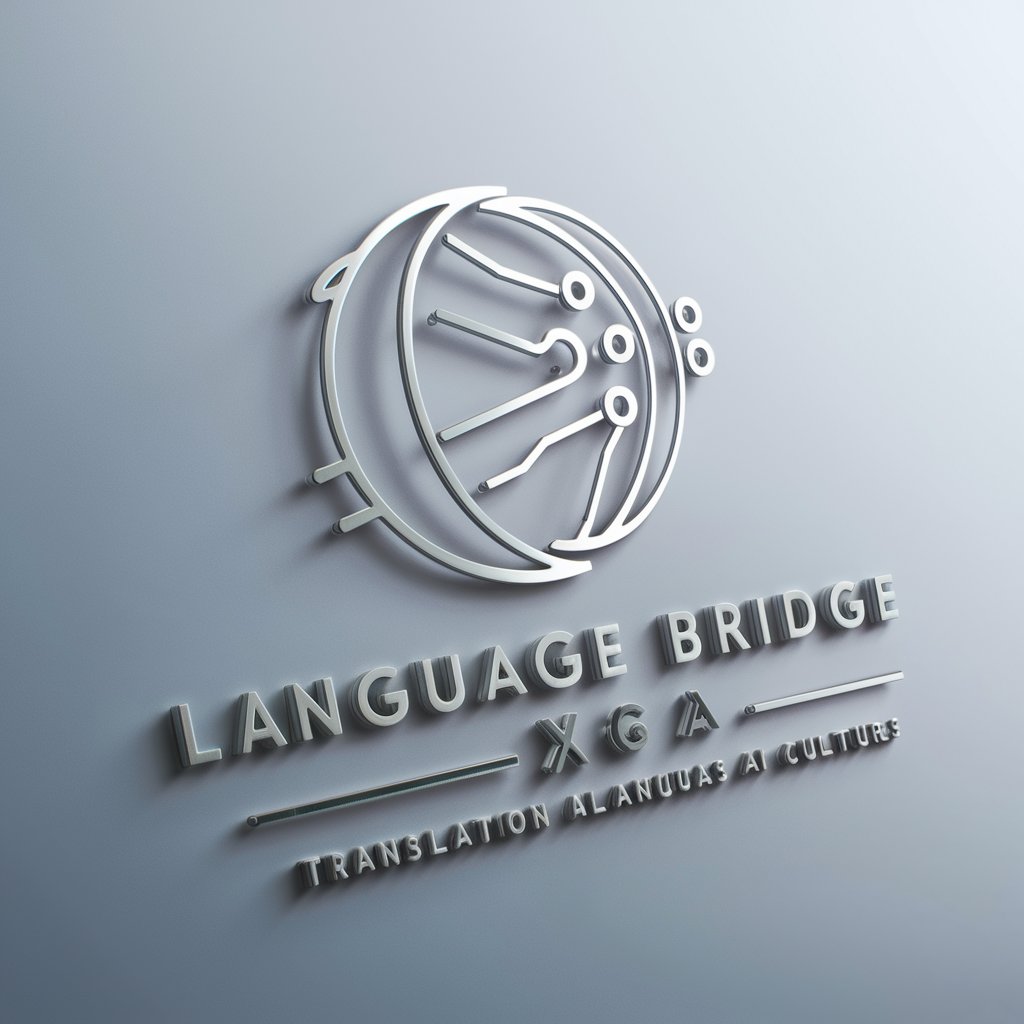
Language Tornado
Learn languages through movies, interactively.
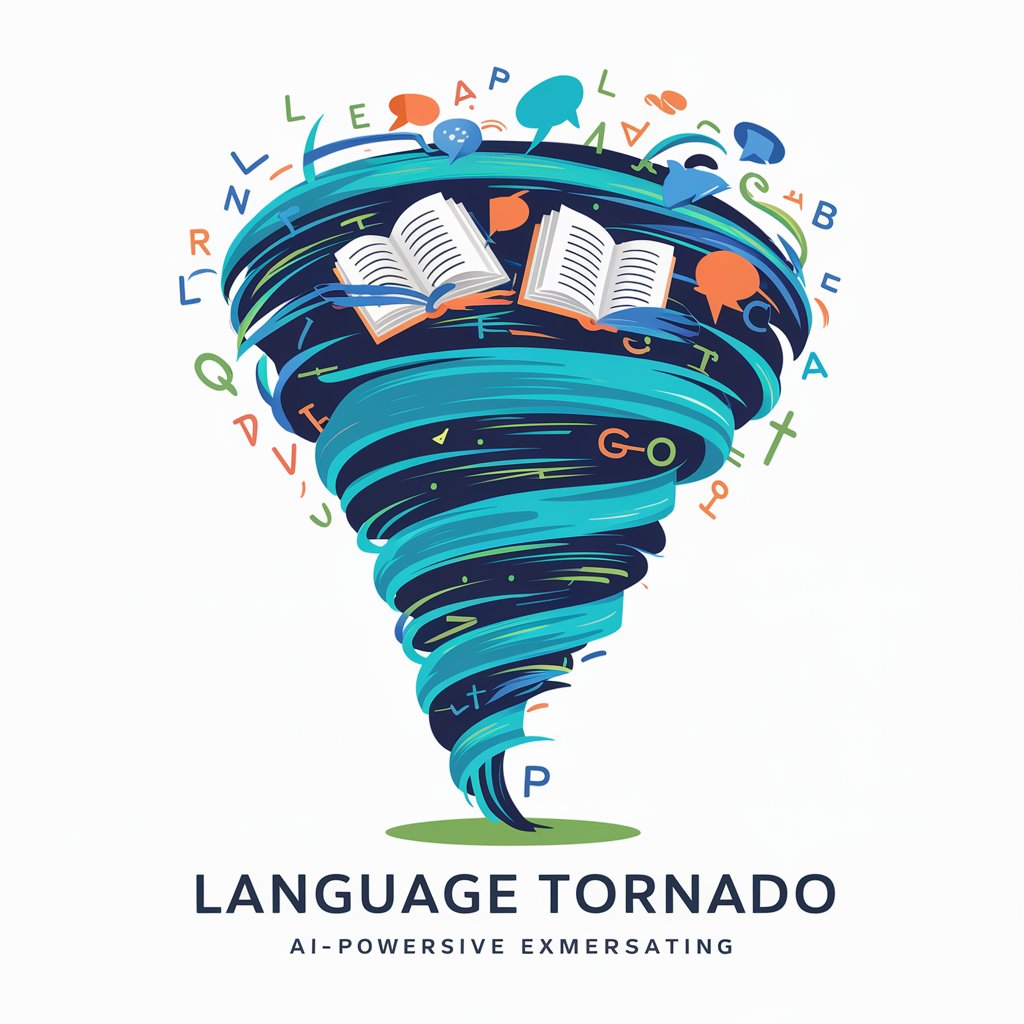
Alan Watts On Your Shoulder
AI-powered philosophical companion

On Each Shoulder
Unleash Perspectives, Guide Decisions

Shoulder Physio Guide
Empowering Shoulder Recovery with AI
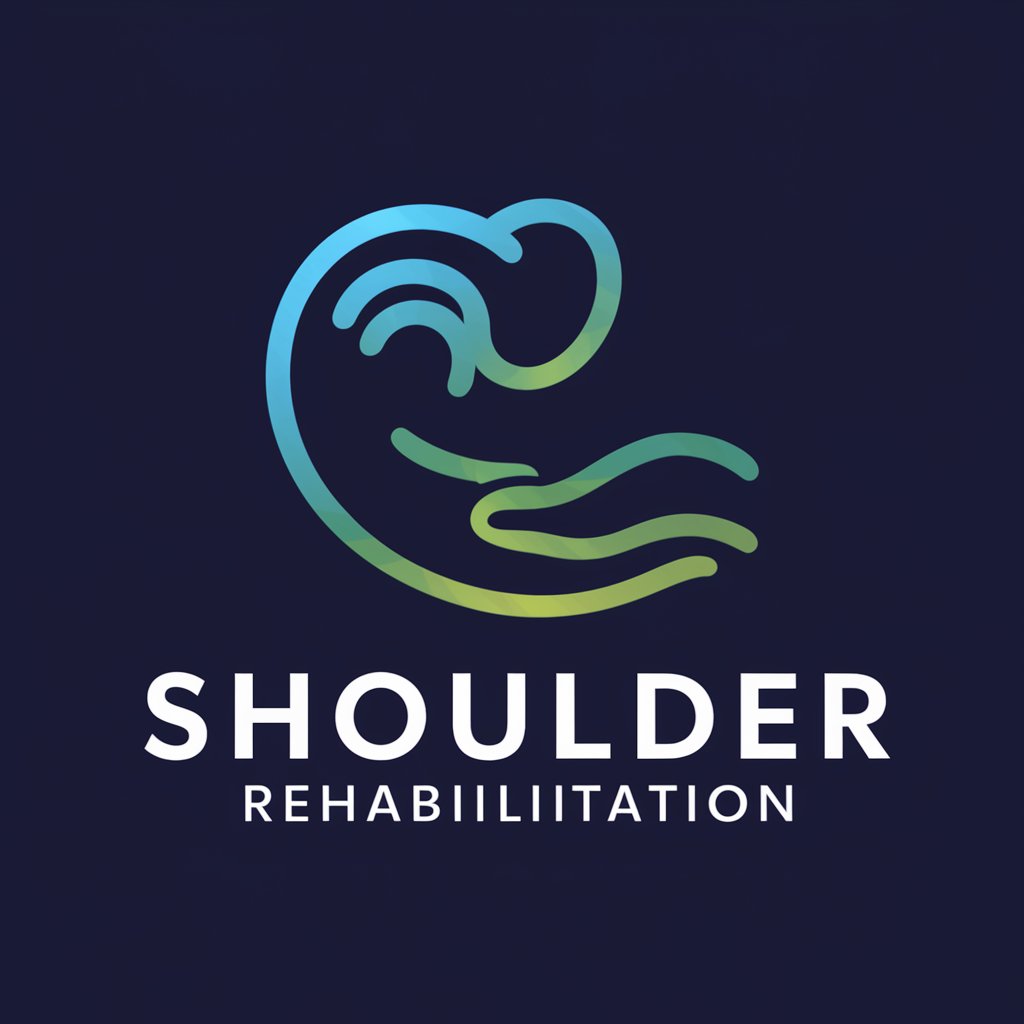
Frequently Asked Questions about Language
What languages does Language support?
Language specializes in German, French, Italian, Spanish, and Mandarin, providing detailed linguistic information, including etymology and pronunciation, for these languages.
Can Language help with pronunciation?
Yes, Language offers IPA (International Phonetic Alphabet) transcriptions and regional variations to help users master pronunciation in supported languages.
Does Language provide etymological information?
Absolutely. Language delves into the etymology of words, exploring their origins, historical developments, and cognates in other languages.
How can Language assist in academic writing?
Language can enhance academic writing by offering precise linguistic analysis, improving word choice through etymological insights, and ensuring correct usage and pronunciation.
Is Language suitable for casual language learners?
Certainly. While Language is designed for in-depth study, casual learners will find valuable insights into word origins, pronunciation, and usage that can enrich their learning experience.
